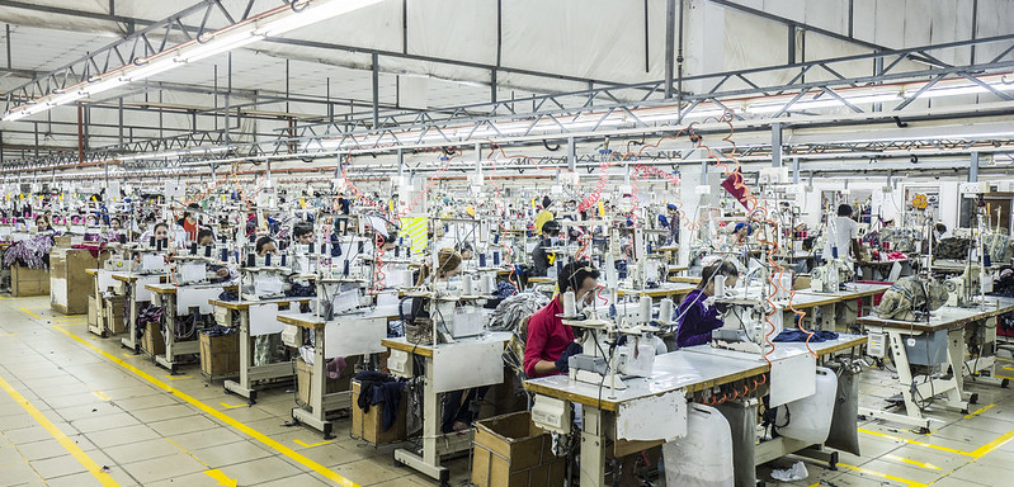
Gastkommentar auf Euractiv: The EU must stop importing human rights violations
The EU needs to adopt a mandatory due diligence approach to supply chain management to ensure that it stops importing human rights violations, argue Anna Cavazzini and Heidi Hautala.
MEP Anna Cavazzini and MEP Heidi Hautala are member of the European Parliament’s International Trade Committee.
The picture of Rana Plaza in Bangladesh is still in our heads. The building collapsed and killed 1135 people. It thus became the symbol of badly managed global supply chains. Workers in the factory produced clothes for the European market.
Too often, serious human rights violations or environmental catastrophes are related to products that we import into the European Union.
Today the Commission is publishing a study that looks into the various options for sustainable supply chain management. One option in that study clearly sticks out: a mandatory due diligence approach.
This means that big companies should have the responsibility to prevent human rights violations along their entire supply chain and be accountable for violations that happen.
The study confirms that voluntary measures have not led to necessary behavioural change, with minority of companies carrying out some sort of human rights due diligence.
Another study launched last week, The State of Corporate Sustainability Reporting in the EU, similarly confirmed that22.2% of companies report on due diligence processes and only 6.9% provide remedy for harmed people.
Perhaps introducing a mandatory approach sounds revolutionary. But in fact it is just a logical step in a series of policy discussions and decisions made in recent years.
Mandatory due diligence on the EU level would implement the UN guiding principles on business and human rights and its three pillars of “states to protect” and “corporates to respect” human rights, and to provide “access to remedy by victims.”.
It would also build on other pieces of legislation like the conflict minerals regulation, Dutch mandatory child labour diligence law or on the French “Loi de Vigilence”. Other countries like Germany will also be introducing such legislation.
The EU is the largest single market in the world and has a powerful leverage to shape the global economy in a way that it works for human rights and the environment. Now is the time to use that leverage.
The European Parliament is a long time promoter of mandatory due diligence. In the previous legislative term the Parliament asked the Commission several times to come up with such an initiative. For the Greens, but also many other groups, mandatory due diligence was one of the main points in the hearings for the new Commission.
There are initiatives happening in several committees that push for such legislation, coordinated by the working group on responsible business conduct that brings together MEPs from different groups and committees.
The German government will bring sustainable supply chains on the agenda of their Council presidency, following in the footsteps of the Finnish presidency that launched an Agenda for Action on Business and Human Rights.
A lot of business initiatives support the idea as well, recognising the business benefits, level playing field and legal certainty it would bring.
The attention to the forest fires in the Amazon and its underlying reasons also highlighted that European consumers demand information on how the produce we consume is produced and what impact is has.
All of that is very promising. But at the end it is the Commission that has to come up with a legislative proposal. If the Commission takes its own goals like the Green Deal and being a geopolitical Commission seriously, it has to come up with an initiative.
We have the great chance to stop importing human rights violations and to make the global economy work for the people and the planet.
